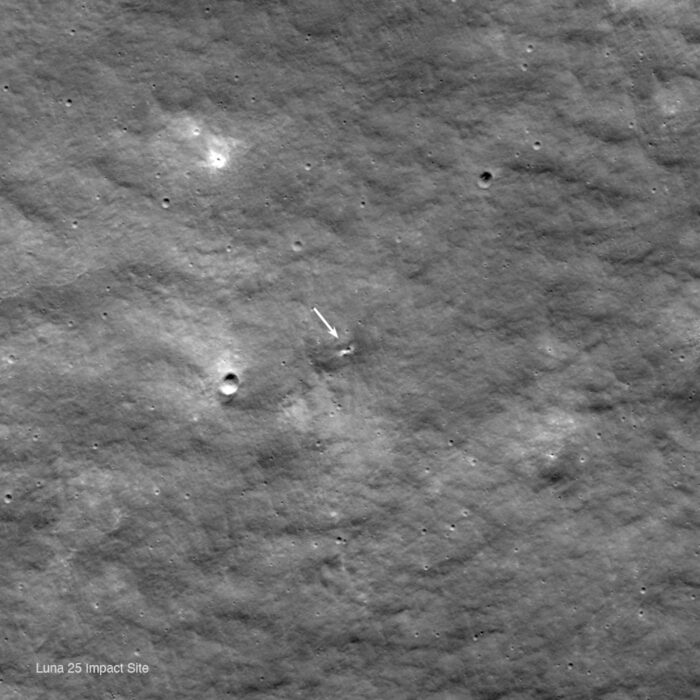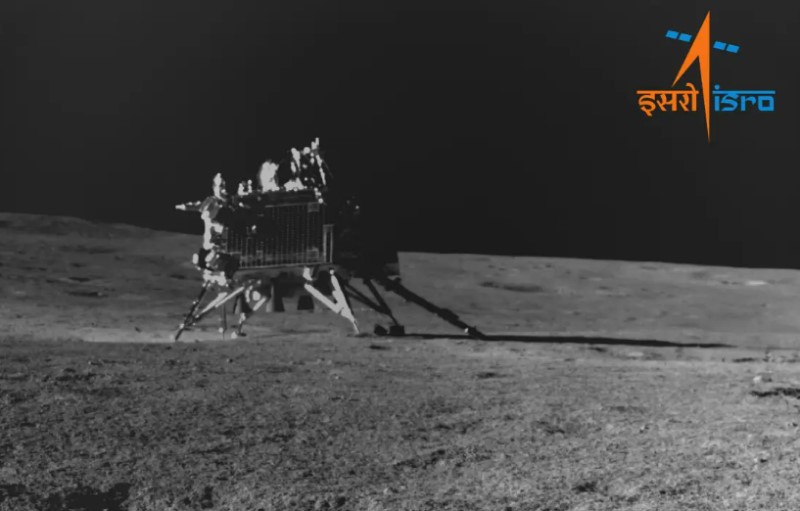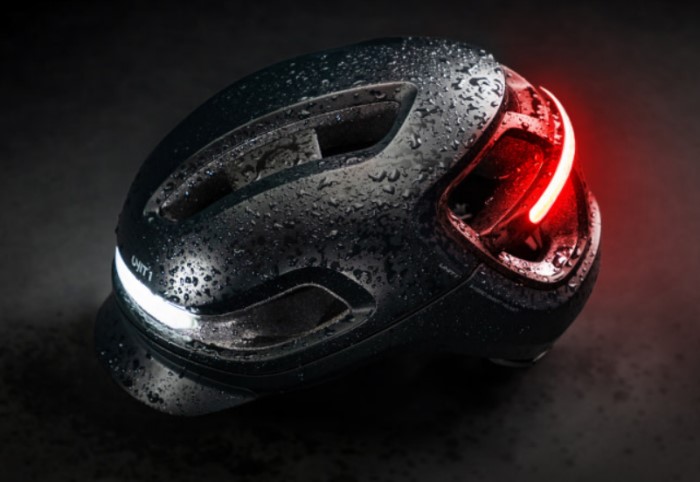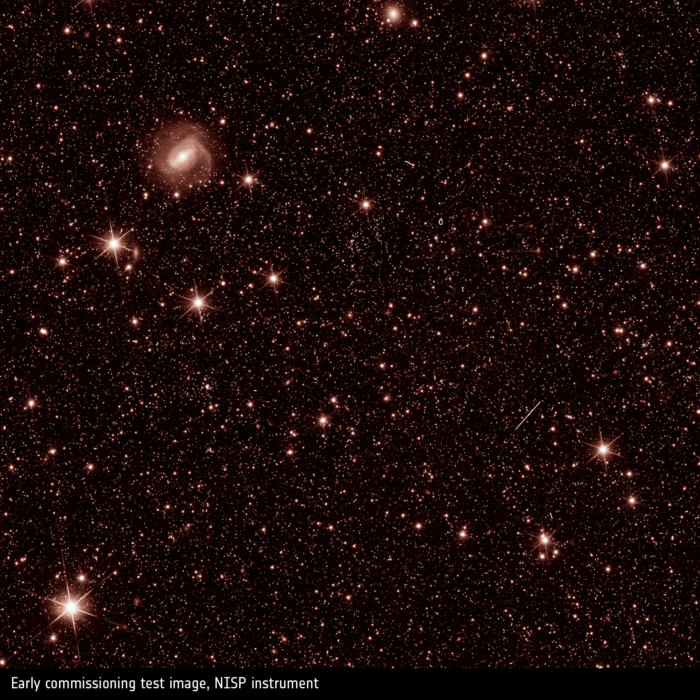So let's say that we had some news to tell you. Here goes...
At a recent competition in California, a team of students from the University of Munich in Germany set a new speed record for a hyperloop. The group was able to hit a speed of 457 km/h (290 mph), which is incredible for a land-based vehicle. That's 12 km/h faster than the fastest confirmed race car in the world. But for that news to really make sense, you'd still need some context.
After all, what is a hyperloop? Is it some Star Trek-style military vehicle? A new kind of extreme sport racer?
What if we told you that it could be the future of mass transit?
Are you ready to travel over 450 kilometers an hour?
Vacuum sealed for freshness, er, speed!
A competitor inspects his pod before it launches. (Getty Embed)
Think of the hyperloop as an aboveground subway train floating down a vacuum-sealed tunnel. By removing air from the tunnel, it cuts down on wind resistance (that's the stuff that slams in your face when you open the window while traveling down the highway). With the wind out of the way, the hyperloop can take passengers from one destination to another at speeds much closer to that of a plane than any train.
The idea would be that there would be a hyperloop network that would connect major cities, kind of like how trains and highways do currently. And while there would be no windows because it's a fully sealed metal tube, it would be crazy fast. In a hyperloop, the journey between, say, Toronto and Montreal could be done in under an hour, instead of around six or seven.
Theoretically, at least...
Elon Musk makes a push
Billionaire Elon Musk speaks on July 22 before the competition begins. (Getty Embed)
You see, this has been an idea for years, decades even. But it's only been over the last while that this dream has become an actual project for companies. (Fortunately, they often have names like Hyperloop One and Hyperloop Technologies, so there's no confusion about what they do!) It's no surprise that one of those companies is run by tech billionaire Elon Musk. Between his Tesla electric cars and his reusable Space X Falcon rockets, Musk is well known for bringing what seems like science fiction to real life. It's what he does!
In 2013, Musk wrote a proposal that suggested that we had ability to make the technology to make hyperloops an actual thing. But there is still a long way to go. This competition, the Space X Hyperloop Pod Competition, was part of that journey. While traveling around 450 km/h sounds impressive, it's still far less than the 1000 km/h (620 mph) speed that Musk believes is possible. So back to the drawing board, folks!
What do you think? Is this kind of travel the future? Or are you more comfortable sitting in a slower-moving train where you can stare out a window?
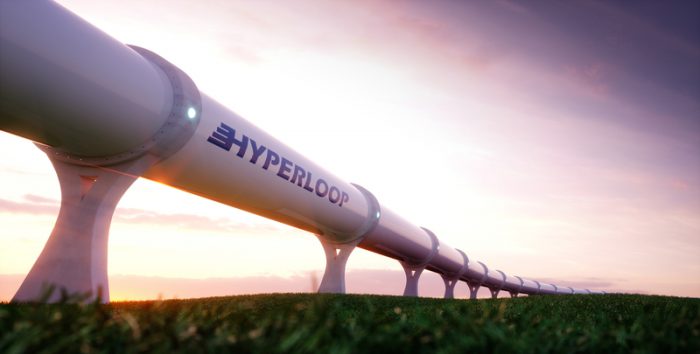 Zooooooom! Is this the future of mass transit? Because it seems to be coming fast... (© Malpetr | Dreamstime.com)
Zooooooom! Is this the future of mass transit? Because it seems to be coming fast... (© Malpetr | Dreamstime.com)

